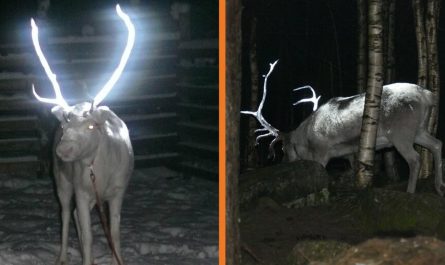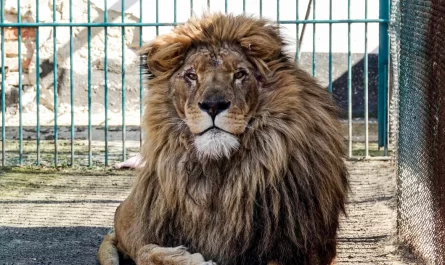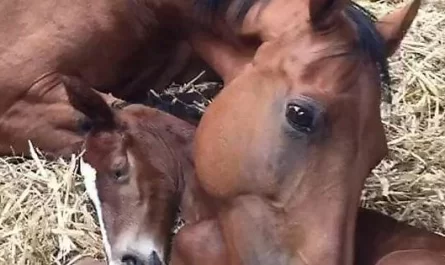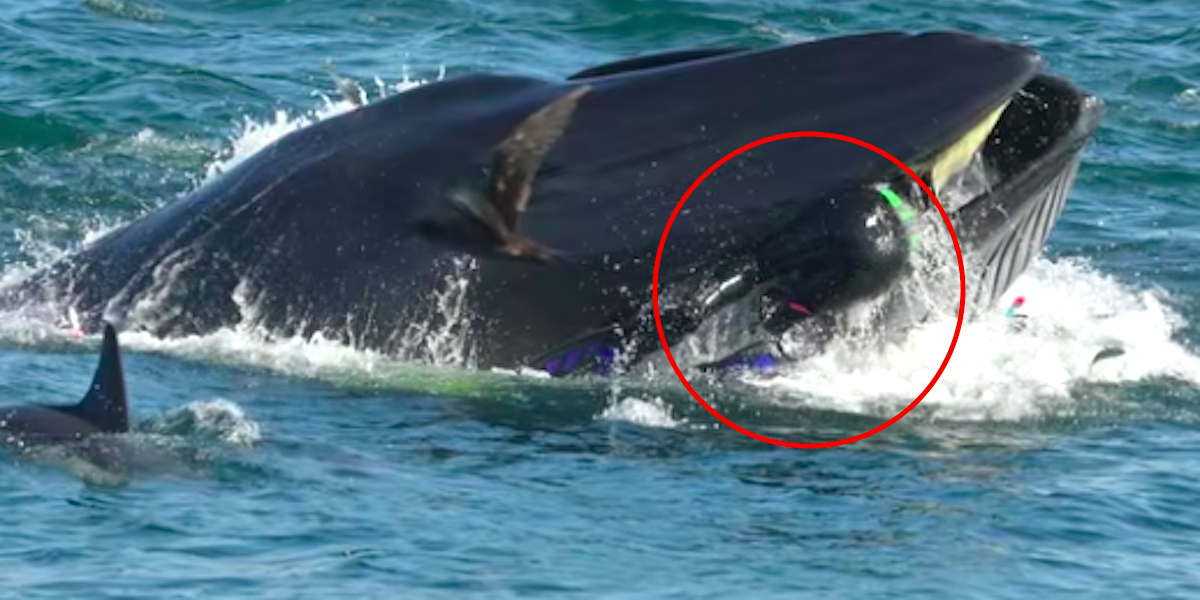
Diver Finds Himself Inside The Mouth Of Huge Whale
It was a brilliant and gorgeous February day, and Rainer Schimpf, who has been conducting diving adventures with AB Marine Dolphin and Whale Watching for almost 15 years, was out in the water with a documentary film group when everything went dark.
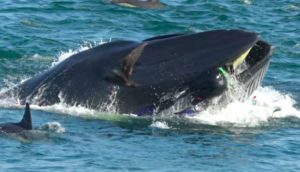
” It started to become dark, and I felt some stress on my hip,” Schimpf explained. “As soon as I felt the stress, I recognized a whale had gotten me.”
The whale was a Bryde’s whale, which may expand to be 55 feet long and 90,000 pounds in size.
” There’s no time for fear in that situation,” Schimpf added. He managed to keep in mind that whales like these are gentle giants, and that the whale whose jaws he was now in intended him no harm.
At the same time, Schimpf was not able to intervene. ” The whale [was] much larger than Rainer, and he recognized that resistance would be pointless,” Alan Straton, an AB Marine spokeswoman.
Schimpf only had to wait on the whale to realize he had not been such a big fish besides and allow him go.
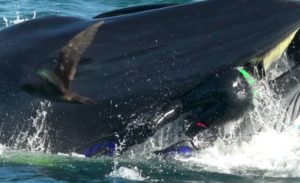
” He made sure he had enough oxygen and relaxed, knowing that because the whale’s neck was also tiny to absorb him, it would eventually eject him,” Straton described.
Schimpf’s crew handled to take a couple of pictures of him when he was secured the whale’s teeth before releasing him seconds later.
” The next thing I knew … I was rinsed out of the mouth,” Schimpf explained. “It provides me a connection to the whale that I don’t think anybody else has … I make sure the whale was surprised as well.”
The documentary group was out to see the fantastic “sardine run,” a amazing migration of fish and other sea life off the coast of South Africa– and with this epic whale encounter, they recorded more great film than they could have imagined.
” These smart ocean beasts bear humanity no harm,” Straton stated. “This is simply more incentive to preserve and nurture them, as well as all sea animals.”
